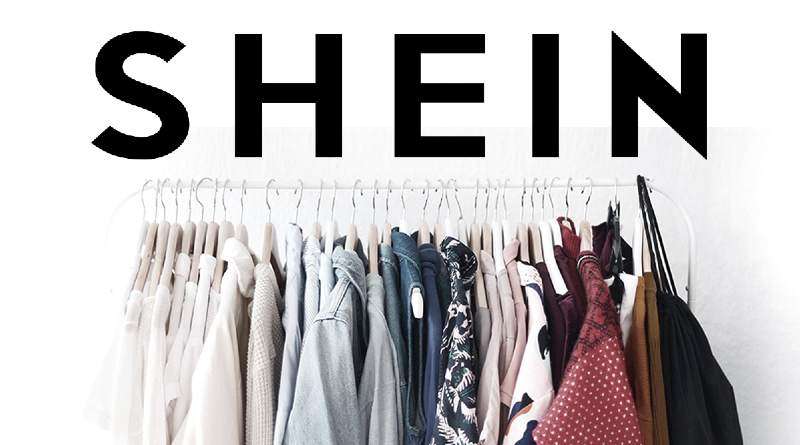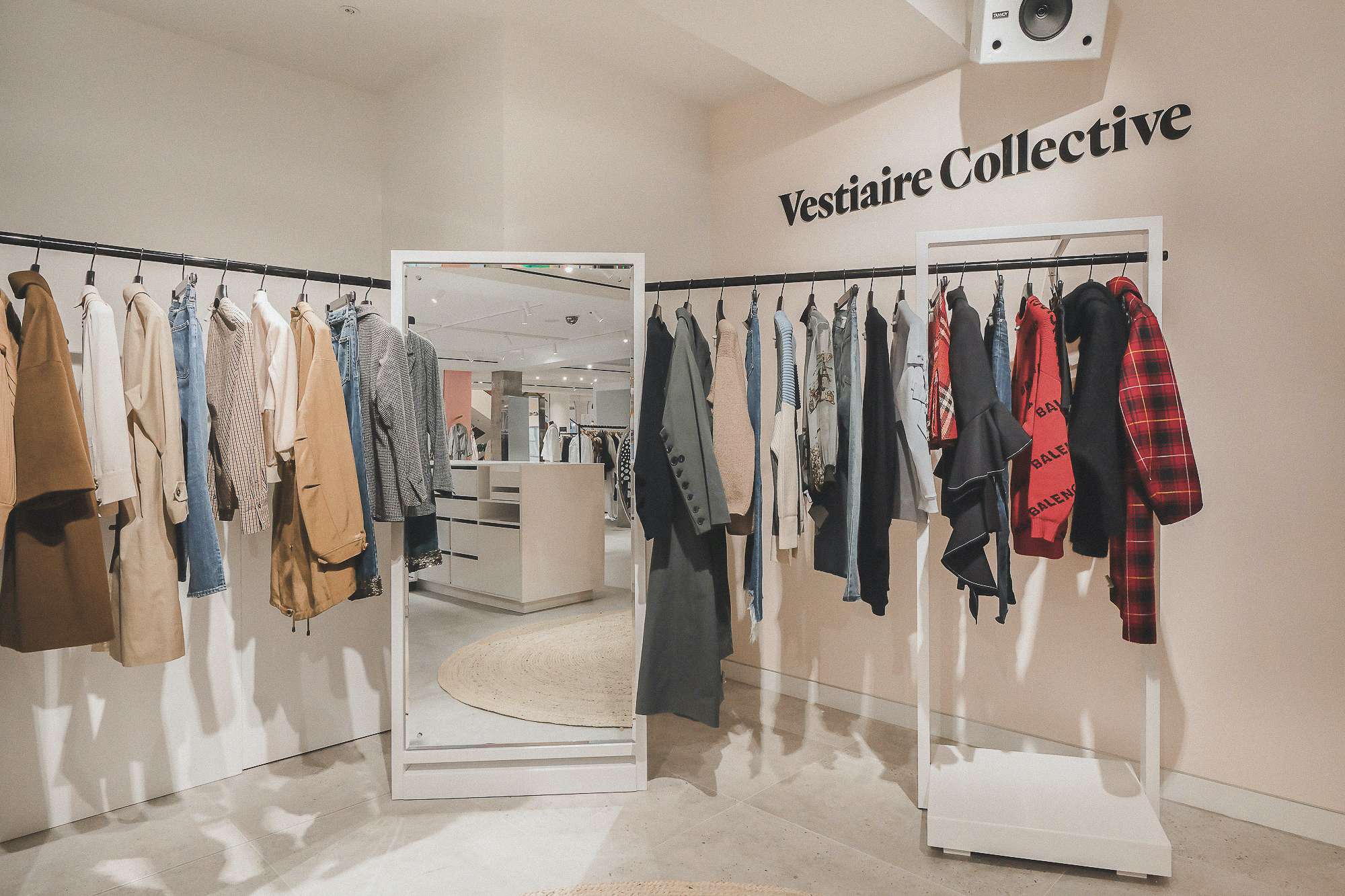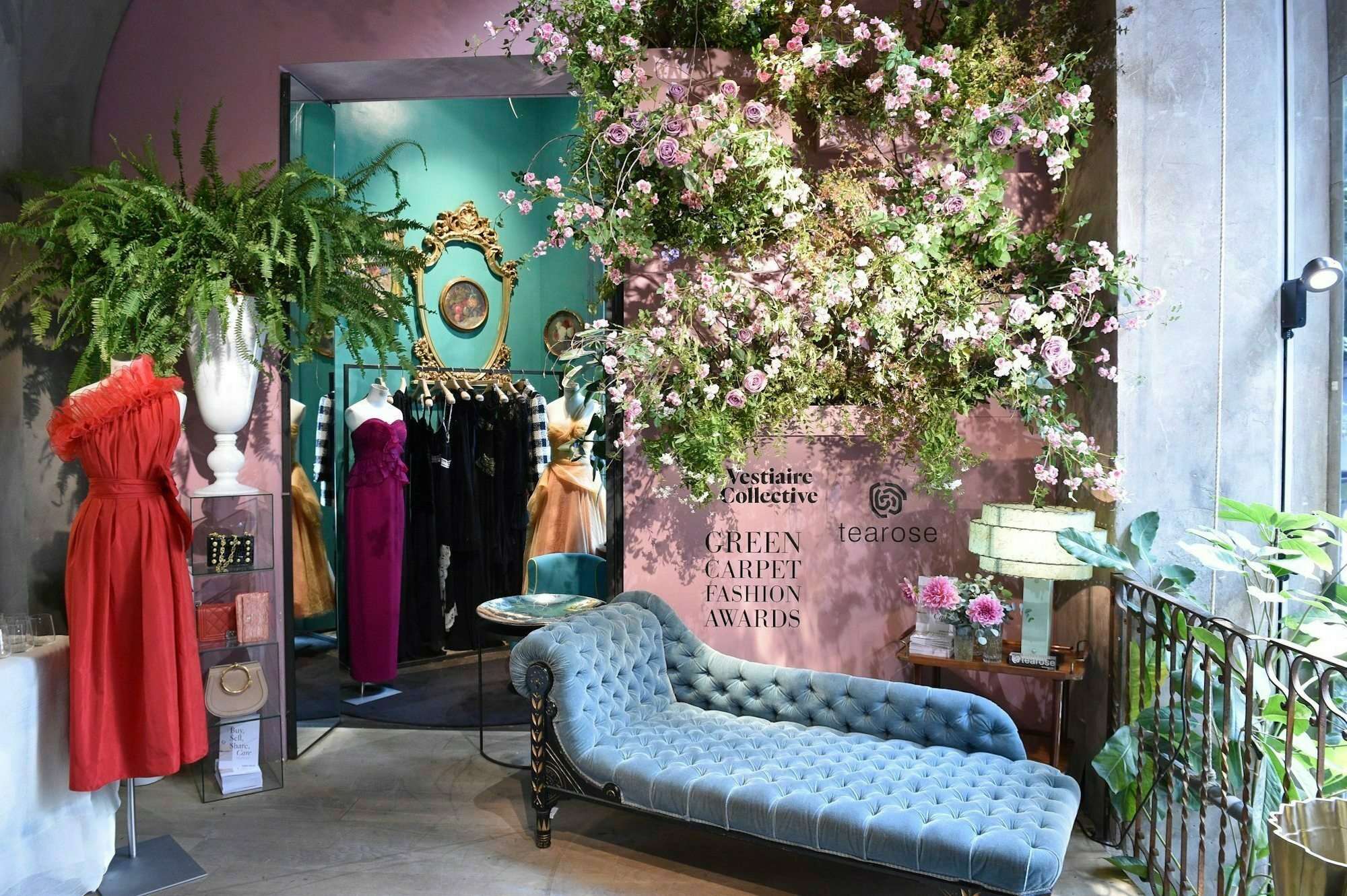Secondhand platform the Vestiaire Collective has turned its back on fast fashion for the environment. But could boycotting the resale of cheaper garments do more harm than good?
Cheap, trendy, and made from polyester. That’s the average fast fashion garment. Most will start their post-consumer life as a quick-click purchase. They will be worn once or twice and then thrown away before the chain starts again. This process is all well and good for a fresh and fashionable social media presence. But it’s devastating for the planet.
In the U.S. alone, more than 11 million tons of textiles enter landfills every year. There, they contribute to potent emissions and plastic pollution. But there are alternatives to throwing clothes out with the trash. Alongside clothing swaps and upcycling, one popular option is resale.

The resale market is booming, with a current value of more than $182 billion. Apps like Depop and Vinted, which provide a platform for people to make money from the clothing they don’t want anymore, are thriving. But not all resale platforms are on board with selling fast fashion. Vestiaire Collective, the France-based online marketplace for pre-loved clothing, recently banned clothes from brands like Boohoo, ASOS, and Missguided.
The move was intended as a rejection of fast fashion’s environmentally-destructive practices. But, in the long run, could this actually cause more harm than good? Is banning fast fashion from resale really the right thing to do for the planet?
The destructive growth of fast fashion
There’s no doubt, fast fashion has some serious environmental problems. Most of its clothes are made with polyester, which doesn’t biodegrade because it’s made from plastic. This means that when it’s thrown away, it stays in the landfill for decades, if not longer.
All of this clothing waste not only leaches harmful microplastics into the soil and the waterways but also contributes to the climate crisis. Landfills are one of the biggest sources of methane. The potent greenhouse gas has more than 80 times the warming power of carbon dioxide.
While the environmental issues with fast fashion are being discussed more, realistically, the industry isn’t going anywhere anytime soon. According to market experts, it’s likely to hit a value of more than $200 billion by the end of this decade. This is because companies like Shein (the most popular fast fashion brand in the U.S.) are incredibly effective at getting the attention of consumers, particularly young people, with flash sales that offer trendy items of clothing for, quite literally, pennies. At the time of writing, the cheapest clothing item in Shein’s ongoing holiday sale cost less than a Starbucks latte, at just $2.50. PrettyLitteThing can beat that, with its cheapest bikini on offer for $1.

For young consumers, prices like these present a difficult conundrum. Because research suggests, Generation Z does care about the planet. But as they’re still young, they also don’t have much money. And, as is the norm for their age group, they care deeply about the way they look.
Last year, a study from Sheffield Business School found that only three percent of participants said they didn’t care about clothing’s environmental impact. However, more than 60 percent admitted to still buying fast fashion regularly. For most, the price was one key factor.
So, for Gen-Zers who love fast fashion, it makes sense to provide them with a platform that enables them to engage with it in a more sustainable way. Enter: resale. As evidence that this approach works, 90 percent of users on Depop, which sells a high quantity of pre-loved fast fashion items, are aged under 26.
So, why has the Vestiaire Collective rejected fast fashion?
If resale can make fast fashion more sustainable, Vestiaire’s decision to ban it starts to look a little more questionable. But the platform maintains it has its reasons. One is quality, it notes. Fast fashion can sell items for such low prices because they are cheaply made, and that results in a lower quality. This means that fast fashion has no value in resale, claims Vestiaire.
This is certainly the case for some items. In 2019, research found that many fast-fashion garments start to fall apart after just ten wears. But it’s not necessarily true across the board. Research has also shown that there are fast fashion items that do have longevity.

For example, another study, also released in 2019 by the University of Leeds, suggested that some low-cost clothing can actually outlast more expensive garments. In fact, the study’s lead author Dr. Mark Sumner said at the time: “Jeans from one fashion brand lasted twice as long as a designer label jeans, but cost one-tenth of the price of the designer jeans.”
But for Vestiaire, which is a certified B Corporation, it’s not all about quality. It’s also about discouraging consumers from engaging with an environmentally-pollutive and exploitative industry. And this argument undeniably has merit.
It’s why the Collective has committed to lobbying for more Extended Producer Responsibility and partnered with the Or Foundation, a nonprofit dedicated to reducing fashion’s waste crisis. The organization is particularly focused on reducing the pressure on people in Ghana, where a significant amount of the global north’s textile waste is sent. Every week, 20 million items of clothing arrive in the country’s capital city, Accra. And, while some will be sold in the city’s markets, most will end up in its surrounding landfills.
Without a doubt, the west has to stop placing pressure on the global south to deal with its waste problem. And fast fashion has to do more to tackle its waste problem from mounting up in the first place. It makes sense that Vestiaire would want to distance itself from such a destructive industry.

Instead of supporting fast fashion resale, the brand says it will help consumers with alternative solutions to waste, which, it claims, “include wearing, repairing, recycling, upcycling and constructive donation strategies.” But this, in itself, seems like an admission that, if it can be repaired, donated, and upcycled, fast fashion does have a life beyond its first few wears. And if that’s the case, then perhaps it does have some resale value.
The truth is, a significant number of consumers aren’t showing any signs of slowing down on buying fast fashion. So, ultimately, for the planet, the growth of the preloved fast fashion market could be a lifeline. While Vestiaire’s decision deserves to be respected from a moral standpoint, for the environment’s sake, it might be best if other resale platforms don’t follow suit.
Related on Ethos:


